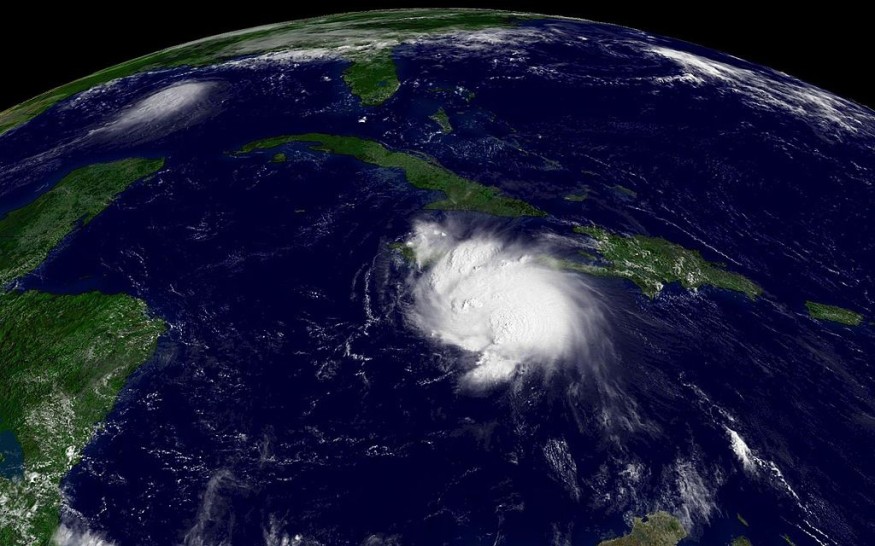Earth's shortest day has been recorded after scientists revealed that our planet spun faster than normal, leading to a shortage of 1.59 milliseconds from the 24-hour daily rotation, according to emerging reports on Monday, August 1.
The incident added headache to time watchers as the dubbed "leap seconds" could also affect the global clock.
This came several years after most clocks were paused back in 2016 due to the strange astronomical effect, which accumulated in the last five decades, resulting in a total of 27 leap seconds.
The shortest rotation being discussed occurred on June 29 due to a so-called "wobble," as described by multiple sources.
In the past, particularly during the time of the dinosaurs, scientists have estimated Earth's rotation slowed down. Currently, its speed is now becoming faster and scientific evidence has purportedly no basis to pinpoint its main cause.
A prevailing theory showed it could be related to slight changes to Earth's axis of rotation.
Other factors, including gravitational causes, related to the Blue Planet's position between the Moon and Sun have also been considered.
However, the dominant explanation at this time comes from the perspective called the Chandler wobble or Chandler variation discovered by American astronomer Seth Chandler in 1891.
Earth's Shortest Day Ever

The global time monitoring site timeanddate.com on July 27 cited that Earth just set its new record for the shortest day in history.
It confirmed that our planet increased its rotating phase since scientists started to use atomic clocks to measure circular movement speed of the solid rock.
On June 29 this year, the site estimated that Earth just completed the shortest spin in less than 24 hours.
The event is part of the series of speed records for the planet since 2020, when the shortest day of the year occurred on July 19 after incurring a shortage of 1.47 milliseconds.
The main data concerning the planet's rotation in recent years is provided and made available by the International Earth Rotation and Reference Systems Service (EIRS).
The Chandler Wobble Effect
Many scientists have theorized the astronomical change is linked with the "Chandler Wobble" effect, which occurs when there is a significant alteration in the spin of Earth relative to its axis in the solar system, as cited by Fox News.
While the leap seconds have no concrete repercussions to everyday lives of humans and animals, multiple reports claimed it is crucial for navigation governed by the global positioning system (GPS) and satellite signals.
Other Hypotheses
The Economic Times also supported the evidence that Earth's rotation speed has increased recently, stating the causes remain unknown but cites other hypotheses suggested it is caused by polar regions getting lighter due to ice melting.
Evidence linking the Earth's weight and its rotation speed has not been fully recognized.
Still, scientists are lacking in data to come up with a grand theory or conclusion that would specifically define the mechanisms behind the astronomical event.
However, the evidence that Earth's rotation affects tides.
In addition, it influences ocean and air currents in a phenomenon called the Coriolis Force, which means that the planet's rotation is faster than the movement of winds and currents.
© 2026 NatureWorldNews.com All rights reserved. Do not reproduce without permission.





